A Problem for Future Homer
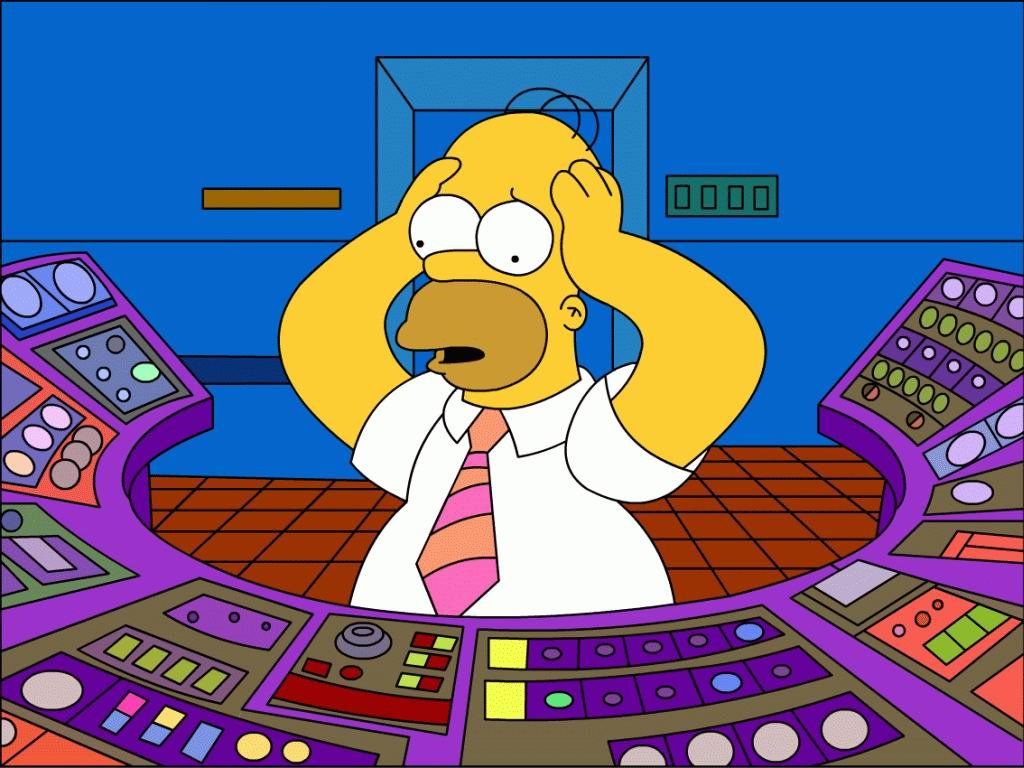
#018
We're in the midst of a disturbing psychometric experiment on an unprecedented global scale. This was the observation made by economist, Tyler Cowen. He asks us to observe whether the pandemic has boosted or decimated our productivity (for those of us knowledge workers lucky enough to work from home), and to pose this question to those around us, and to our institutions and society more broadly.
The way each of us respond to stress can reveal a lot about our character. Between the new quarantine TikTok memes and the free pornography for those in lockdown, how do you respond? Do you take the expedient way out, or the path that alleviates stress in the short-term but is ultimately less meaningful? Cowen proffers the hypothesis that our response to this crisis is one interesting measure for how we handle stress. He cites the example of the now-cancelled Candidates 2020 chess tournament, where the winner earns the right to challenge the defending world champion, Magnus Carlsen.
'Ding Liren was one of the two clear favorites (with Caruana), and he lost three games in the first half of the tournament. That is evidence he does not play well under an extreme degree of stress. Yet he still is rated No. 3 in the world, from a career playing under conditions of “not a pandemic level of stress but still world-class levels of competitive stress." [...] Caruana, the American, was worried he may not be able to get home after the tournament. His play was OK but subpar, at least for a world-ranked number two. The non-favored but sturdy Nepomniachtchi was up three games, before unwisely playing a Winawer defense with the black pieces, but still he was the clear leader. How should we now revise our opinions of him?'
For knowledge workers fortunate enough to work from home, stress is the obvious answer to plummeting productivity. Kids aside, I submit that there's something more pernicious but less talked about in the transition to working from home: the erosion of social accountability.
To be clear, social accountability is not just the constant gaze of a micromanaging eye of Sauron. It is also the subtle gestures and cues, and the serendipitous communications between coworkers throughout the day. Just as the CEO's stress can overflow and permeate an entire office, the emotional contagion from a colleague "in the zone" can be equally infectious to the productivity of the whole team. Accountability cuts both ways: as an oppressive force to control, or as an encouraging cheer from the sidelines to help you realize your ideal self.
So how do we leverage the positive aspects of social accountability in an asocial environment?
For starters, the loss of a social environment is not all bad. You get full reins over your own schedule. You can work the hours most conducive to your productivity or creativity. Plus, you get to spend more time with family and friends.
On the flip side, the cozy home environment is filled with many temptations. Home is the switch in our brains that flips from work mode to relaxation mode. The well-stocked fridge, the cozy bed, or the blank TV staring back at you are all quietly waiting, poised to pounce when you let your guard down. For too long, I stubbornly relied on my own willpower to guard against the perils of these homely seductions. Without the right systems and safeguards in place, the incessant demands on our attention to make the right choice gets exhausting. Relying on willpower alone is ultimately an unsustainable Sisyphean grind.
When I took an empirical view of the areas where I've made the most progress, I discovered they all shared one thing in common: they all employed socially-leveraged commitment devices.
A commitment device, popularized by Stephen Dubner and Steven Levitt of Freakonomics, is a way to lock yourself into following a plan of action that you might not want to do but you know is good for you. A Socially-leveraged commitment device is a way to lock your future self into a plan of action while putting your personal reputation on the line. This is the classic problem of Future Homer, but in a good way:
When I decided to take learning Spanish more seriously, rather than continue my dilly-dallying on Duolingo as I have for the last three years, I signed up for two online classes per week on iTalki for ten weeks. At first, it took some effort to get into the habit of reviewing material and creating flashcards to keep up with the lessons. But once I built up rituals around it, it's incredibly rewarding to see the things I've learnt start to stack up. Having a teacher I was accountable to, and who cares about helping me hit my goals has been the difference between my previous on-and-off learning, and sticking to a fast-paced learning plan on top of my other work.
More recently, I've started to incorporate social accountability into my efforts to do more deep work. Every morning, my friend Andrew and I would both state the number of hours we intended to invest into deep work that day. Throughout the day, we'd proceed to put our phones away and message the channel whenever we started or concluded that session of deep work. Despite being in different states, even the simplest of status updates provides enough of a flow-contagion effect to help me overcome the initial friction of getting started on a task.
With a bit of creativity, you can make social commitment devices work for any number of habits beyond language learning or deep work. Jocko Willink, former commander of the US Navy and now author, uses a commitment device to wake up at 4:30am every day. From his books and podcasts, Jocko has built up a reputation as a man with the discipline of steel. His mantra is appropriately, "discipline equals freedom". Each morning, Jocko wakes up and posts a picture of his watch to his 1.2 million followers on Instagram. By staking his entire reputation on this one habit, he's got both the carrots and sticks of his 1.2 million followers to help him follow through with his intentions.
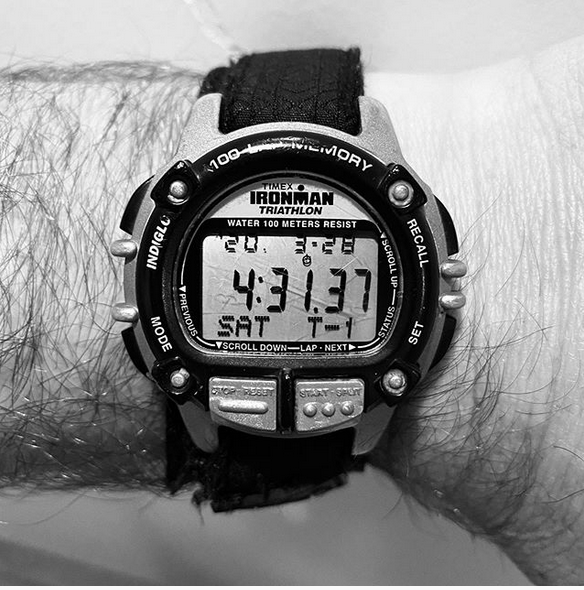
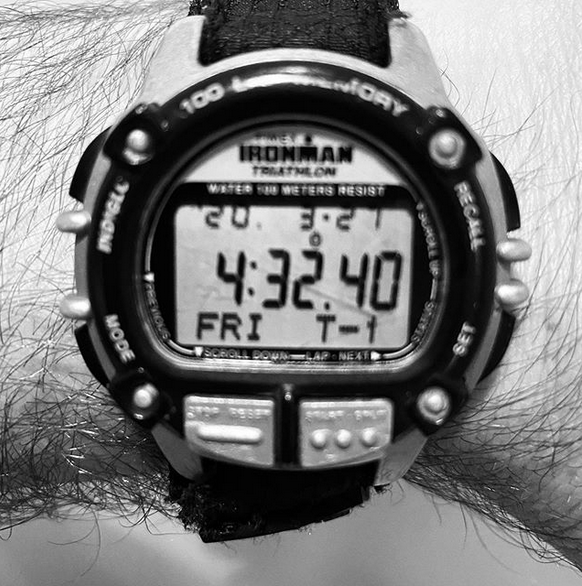
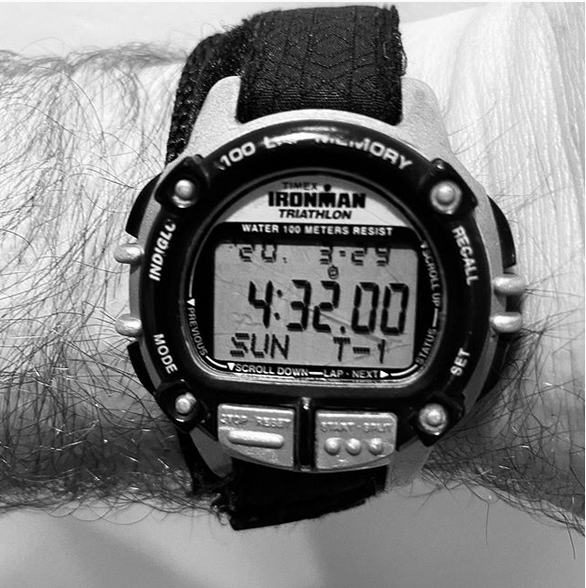
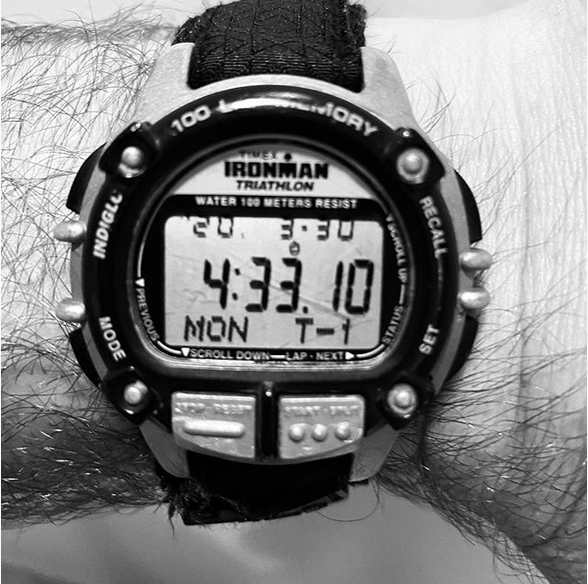
The author, Ryan Holiday, has done at least 50 push-ups a day since June by filming himself using an app called SPAR!. If he misses a day, the app will charge him $5. To make things more fun, the winners (people with fewest misses) split the pot of everyone else's fees.
So if you're in the transition to working from home, or if a new habit is failing to stick, inject a little social accountability. Start a new Instagram account, a newsletter, book some lessons, sign up for SPAR!, or any of the other social tools out there.
As the stoic philosopher, Epictetus would say, “How long are you going to wait before you demand the best for yourself?” Or, to rephrase it with social accountability: how long are you going to wait before you ask someone else to demand the best for yourself?